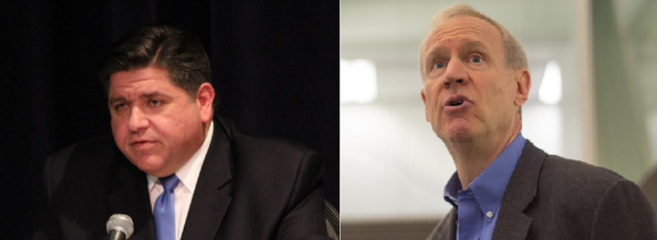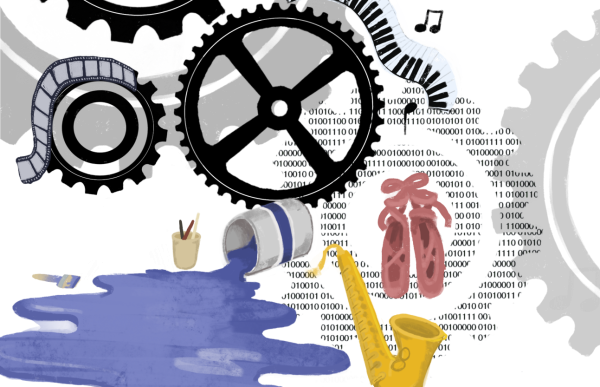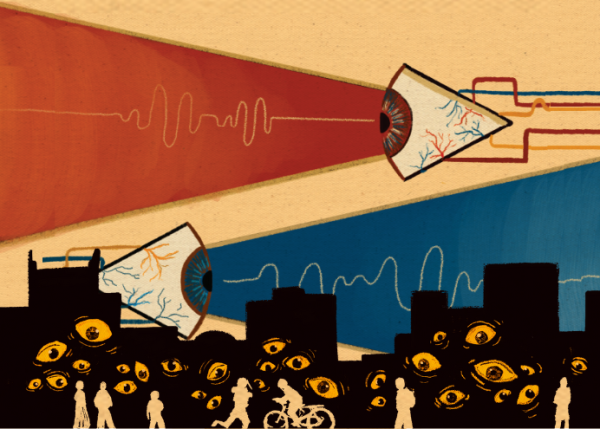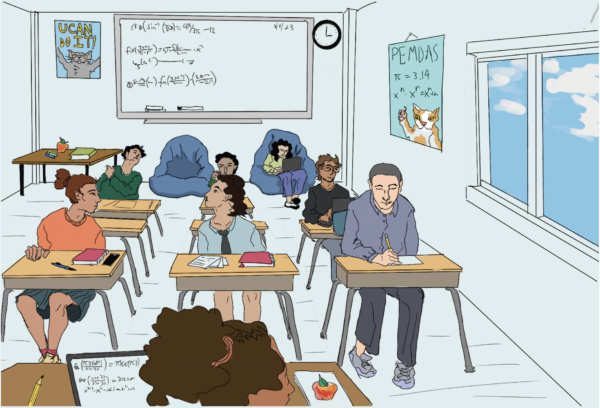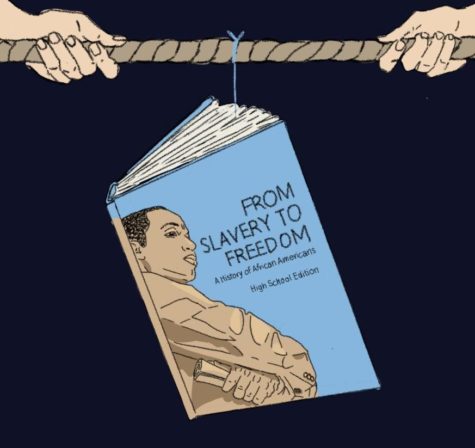The race is on!
Pritzker and Rauner set to clash in November
March 23, 2018
At the end of a close primary on Tuesday, J.B. Pritzker and Bruce Rauner came forth to secure their respective party nominations.
The primary alone has been one of the most expensive in U.S. history, and all projections point to the record, currently held by California’s 2010 governor election at $280 million, being broken by November.
The story of these two victories paints a poor picture for the political underdog. Rauner and Pritzker entered the race with larger and deeper campaign coffers, which helped both candidates maintain strong leads throughout the primary.
The incumbent governor came out ahead of his opponent Jeanne Ives, a social conservative and Republican member of the Illinois House of Representatives. Ives has been a strong critic of Rauner’s alleged abandonment of socially conservative values. Listed among Rauner’s accused betrayals were “Tax hikes, corporate bailouts, premium spikes to prop up Obamacare, junk science on gender and taxpayer funding of abortion on-demand.” Despite these criticisms, Rauner maintained a healthy lead over Ives for the duration of the primary, clinching his party’s nomination once again.
Rauner continues to make the same commitments he did 2014. Included is the promise of a tax cut, this time to the tune of 1 billion dollars in response to Madigan’s recent proposed tax-hike, as well as granting more local control to school districts and communities with charter schools.
Candidates farther outside the democratic establishment attempted to take over the race with varying success. Progressive candidates like Ameya Pawar, popular in their own communities, dropped out early due to a lack of big-name donations. Evanston’s own Daniel Biss found greater success running slightly to the left of Pritzker as “The Middle-Class Candidate,” a strategy which was only enough to land him in second.
Ultimately though, Pritzker emerged victorious from the contentious primary. Pritzker is the former director of the Illinois Human Rights Commission, and has been running on a progressive liberal platform. Among his advocacies are a $15 minimum wage, universal health care, a progressive income tax, and legalizing marijuana. Pritzker is the only democratic candidate who does not support a weapons ban, and is an active 2nd amendment supporter and gun safety advocate.
Pritzker has positioned himself as an anti-establishment candidate as well, but controversy has surrounded the multi-millionaire’s claims amid wiretaps revealing his connection to former governor Blagojevich and his resistance to requests to release his tax returns. Still, Pritzker has spoken against Illinois house speaker Mike Madigan amid sexual harassment allegations.
The Madigan controversy was a key point of contention in the primary. The speaker was accused of fostering a culture of misconduct and harassment, in particular covering up an incident of harassment among his employees. Pritzker has yet to denounce Madigan directly, a loyalty which Biss spoke against in debates.
Rauner continues to capitalize on Pritzker’s past, running an aggressive attack campaign labeling the Hyatt Hotels heir as another corrupt Chicago politician. Pritzker levied this during the primary as a mark in his favor, the fact that Rauner was attacking Pritzker before the primary had demonstrated that Pritzker was seen as Rauner’s greatest threat, the democratic nominee claimed. But now that the dust has settled, it is unclear how and if Pritzker will distract from these accusations.
Rauner isn’t the only candidate who has taken the offensive, however. Pritzker is highlighting Rauner’s failure to suggest successful legislation and his constant obstruction of key bipartisan and majority-supported reforms. Pritzker is also positioning himself as a progressive candidate, advocating for tighter gun control laws, the legalization of marijuana and a form of graduated income tax among other proposals.
This strategy seems to be working, according to a recent Simon poll. Pritzker leads the incumbent governor 50 percent to 35.


